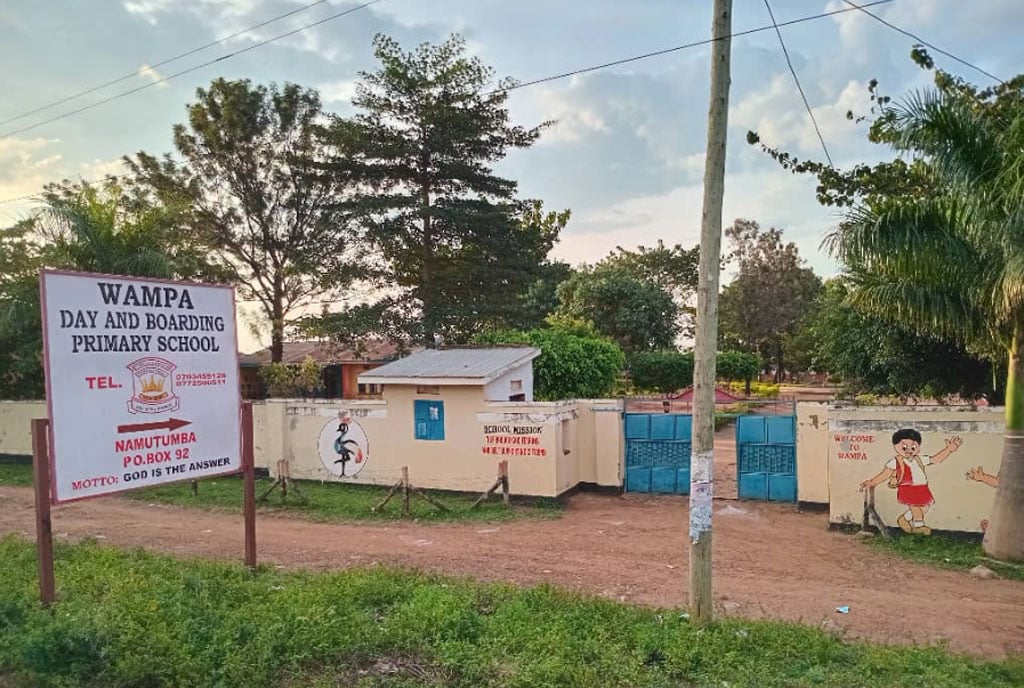Prime
Besigye’s Plan B and unpopular decision on 2021
What you need to know:
- Officials of the FDC have spent much of the last two years, trying to persuade Dr Besigye to contest on the party ticket without success. Besigye had a quadruple presence on the previous presidential ballot, three of those times with the Forum For Democratic Change. In each appearance, he had marshalled averagely two million votes.
Dr Kizza Besigye sat away from the crowd in silence on Wednesday at the Forum for Democratic Change (FDC) headquarters in Kampala.
He wore a mask around his nose and robbed to his ears. Dr Besigye could hear the chants that drowned out the music at the party headquarters where he explained his decision not to contest for president again. But he wasn’t going to yield.
Young party activists, dishevelled, had barred him from taking to the podium. For them, anything short of him on the 2021 ballot was an abandonment of the struggle to dislodge President Museveni from his 34-year grip on power.
Dr Besigye had a quadruple presence on the previous presidential ballot. In each appearance, he had marshalled averagely two million votes and went as high as at 3.5 million in 2016 but at each occasion, he had contested the outcome either in court or on the street.
To convince him to go back into an election, he had said, from then, would be an impossible feat – and yet, the closer the election got, the more desperate his party seemed. In three separate high level delegations of party top officials, Dr Besigye had been begged, first to stand – which he refused, second, to endorse a successor, which, unwillingly, he was cold-footed about.
So when he was finally allowed to speak, Dr Besigye was ready to break the hearts of his admirers, only in half though; “That struggle which I joined to fight gunmen” he said, “Has taken different phases”.
Dr Besigye had gone to the bush in 1981 to fight with the NRA to eliminate a “deep sense of impunity and helplessness” in the country at the time.
A part of him had hoped in 2001 and 2006 that they could be remedied through an electoral contest but by 2011 and 2016, he was convinced – despite campaigning, that an election wasn’t it.
The two contradictions; that a liberation could come through an election but that the election was a heavily state managed affair in which nothing but legitimising the process was the role of the opposition remained fore front and Dr Besigye used his speech, this time, to clearly separate them – and his participation.
“We have agreed with my colleagues that we get somebody to lead plan A [the election] and you leave plan B for me,” he emphasised.
But plan B wasn’t entirely new. From the 2011 elections, Dr Besigye had allied with activist groups outside of the party to cause what he called a ‘change’ of power from those with guns to civilians. In plan B, activists for change (A4C) had marshalled crowds to the streets for ‘Walk to Work’ and all its three phases had been violently crushed.
In 2016, the People’s Government was started, defiantly swearing him in as President. It was yet though, to inspire an uprising of government-toppling proportions as many movements of it’s kind had done in Egypt, Sudan, Tunisia and Burkina Faso.
Where A4C had succeeded creating the seeds of discontent, the People’s Government was hoped to enforce the structure to reap from them – and yet, it hadn’t. The gap, Dr Besigye theorised, was in a lack of committed leadership.
It is this leadership of Plan B that will now occupy Dr Besigye.
“Protest culture doesn’t deliver quick and definite results as an election does,” Mr Yusuf Serunkuma, a political science scholar, states. “It is incremental portions and one spark,” he adds.
Mr Serunkuma argues that Dr Besigye’s Plan B is mostly sustained by consistency and banks on incremental citizen fatigue, which, in Uganda had slowly started to build. In an opinion poll by the Independent peer group, some 26 per cent of Ugandans felt that political expression was lacking, 44 per cent of those were from the Besigye stronghold of Kasese.
Many more felt they were in good economic standing. A total of 59 per cent weren’t happy with the removal of the age limit in the Constitution to allow Museveni a chance at the ballot.
These were the ripe grounds from which Dr Besigye’s Plan B would be fishing.
As Dr Besigye left the Najjanankumbi headquarters, now only holding one formal post in the party; secretary for mobilisation in Rukungiri, he sparked the 1999 memories all over, where he sat in the foyer of State House in Nakasero, with plan A to address a scathing dossier within the Movement and plan B to leave the army and address them outside through a presidential contest.
Now it was a murky Plan B whose details, as were the ones of his presidential bid then, only known to him.
Besigye’s role
Officials of the FDC have spent much of the last two years, trying to persuade Dr Besigye to contest on the party ticket without success. Besigye had a quadruple presence on the previous presidential ballot, three of those times with the Forum For Democratic Change. In each appearance, he had marshalled averagely two million votes.



